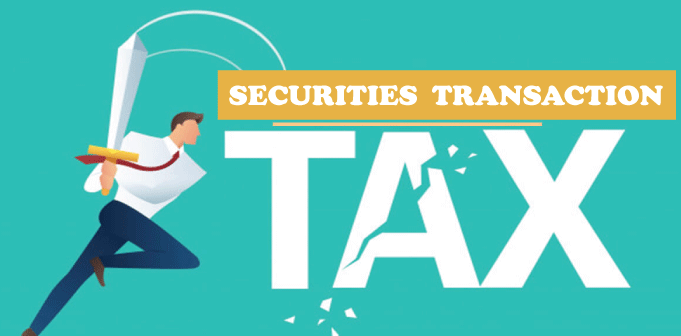Tax niche: definition and examples
Tax loopholes are derogatory tax regimes that benefit certain taxpayers and are granted to them subject to conditions. Through a tax loophole, a taxpayer can benefit from a tax advantage whether it is a tax deduction, a tax reduction or a tax credit. If these devices constitute a loss of earnings for the State, they are not without compensation. Here’s everything you need to know about the tax shelter.
A tax shelter: what is it?
The tax niche is a notion that designates the various tax advantages from which a taxpayer can benefit. These benefits consist of income tax reductions, tax deductions or tax credits received under certain conditions. There are two kinds of tax loopholes. To begin with, we distinguish the horizontal or active tax niche, which grants benefits to a taxpayer following a particular act carried out by him. This is for example the case of the tax reduction in the context of an investment in the field of real estate. To encourage taxpayers to invest in rental housing and increase the supply of housing, the government grants them a tax reduction corresponding to a percentage of their investment when the conditions are met. These are the Pinel and Censi-Bouvard devices. On the other hand, there is the vertical or passive tax shelter which does not require any particular action on the part of the beneficiary. The interest generated by a savings account, for example, is exempt from tax.
What is the purpose of the tax shelter?
The tax shelter is a scheme that will allow a taxpayer to reduce the amount of his taxes. This means that it is a device resulting in a loss of revenue for the State. However, these advantages are not granted for nothing since they serve government policies. To promote job creation, the state offers a tax benefit to a citizen who invests money in a company that creates jobs in France. Similarly, if you employ an employee at home, you benefit from a tax credit allowing you to amortize part of his remuneration. In other cases, it is a policy aimed at increasing the supply of housing in areas where there is a shortage or the supply of housing for households in difficulty. With the Pinel system, for example, investors are required to rent their property to households that have difficulty finding decent housing. The price of the rent is also imposed by the device. Furthermore, the granting of tax benefits may be motivated by the desire to support energy savings. As part of the CITE program, households that carry out energy transition work benefit from a tax credit to support their actions.
What are the tax loopholes in France?
In France, there are a large number of exploitable tax loopholes. Currently, there are more than 450 derogatory tax regimes. Among the most advantageous for the taxpayer are the various tax credits, whether in favor of competitiveness and employment or in favor of research. The reduced rate VAT applicable to housing works, sales and medicines is also one of the most costly schemes for the State. Then there are the various tax reductions granted in the context of real estate investments and business investments. Note that the tax benefits granted to a taxpayer are capped. In one year, the tax reduction or tax credit received cannot exceed a certain amount. This ceiling is 10,000 euros, and 18,000 euros for overseas investors and for companies financing the film and audiovisual industry.

